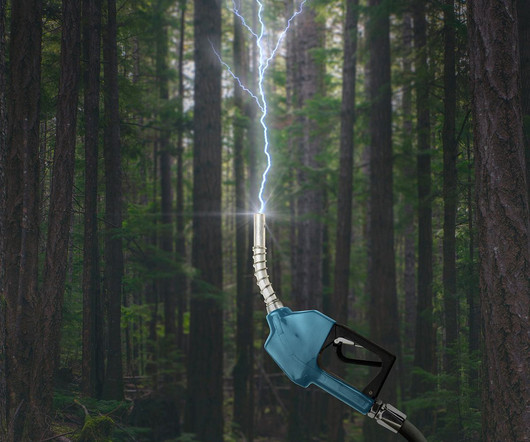Studies find oil sands-derived crude oil no more corrosive in pipelines than other crudes
Green Car Congress
NOVEMBER 21, 2012
Both scientific research and industrial experience have found that bitumen-derived crude oil (i.e., crude from the oil sands) is no more corrosive in transmission pipelines than other crudes, according to Natural Resources Canada (NRC). In the absence of water, the crude oil is noncorrosive. —ASTM G205.





























Let's personalize your content